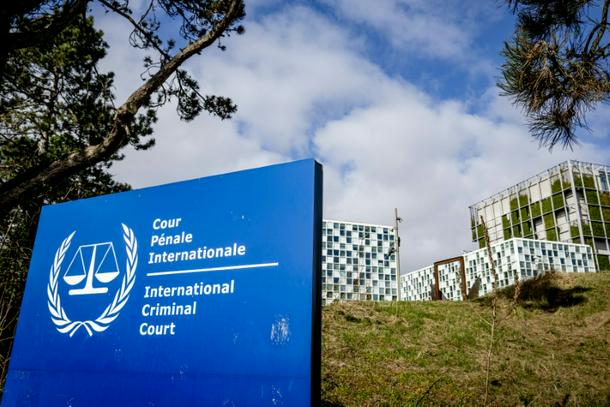
The Taliban has 'severely deprived' girls and women of the rights to education, privacy and family life and the freedoms of movement, expression, thought, conscience and religion, the ICC said
The Hague (AFP) - The International Criminal Court on Tuesday issued arrest warrants for two senior Taliban leaders in Afghanistan, accusing them of crimes against humanity over the persecution of women and girls.
Judges said that there were “reasonable grounds” to suspect Taliban Supreme Leader Hibatullah Akhundzada and chief justice Abdul Hakim Haqqani of committing gender-based persecution.
“While the Taliban have imposed certain rules and prohibitions on the population as a whole, they have specifically targeted girls and women by reason of their gender, depriving them of fundamental rights and freedoms,” the court said in a statement.
The Taliban had “severely deprived” girls and women of the rights to education, privacy and family life and the freedoms of movement, expression, thought, conscience and religion, ICC judges said.
“In addition, other persons were targeted because certain expressions of sexuality and/or gender identity were regarded as inconsistent with the Taliban’s policy on gender.”
The court said tht the alleged crimes had been committed between August 15, 2021, when the Taliban seized power, and continued until at least January 20, 2025.
Taliban authorities rejected the warrants as “nonsense”.
The ICC warrants “won’t affect the strong commitment and dedication to sharia (Islamic law)” of Taliban authorities, spokesman Zabihullah Mujahid said in a statement.
The ICC, based in The Hague, was set up to rule on the world’s worst crimes, such as war crimes and crimes against humanity.
It has no police force of its own and relies on member states to carry out its arrest warrants – with mixed results.
In theory, this means anyone subject to an ICC arrest warrant cannot travel to a member state for fear of being detained.
“We don’t recognise any such international court, nor do we need it,” added Mujahid.
- ‘Ongoing persecution’ -
After sweeping back to power in August 2021, the Taliban authorities pledged a softer rule than their first stint from 1996 to 2001.
But they quickly imposed restrictions on women and girls that the United Nations has labelled “gender apartheid”.
Edicts in line with their interpretation of Islamic law handed down by Akhundzada, who rules by decree from the movement’s birthplace in southern Kandahar, have squeezed women and girls out of public life.
The Taliban government barred girls from secondary school and women from university in the first 18 months after they ousted the US-backed government, making Afghanistan the only country in the world to impose such bans.
Authorities imposed restrictions on women working for non-governmental groups and other employment, with thousands of women losing government jobs – or being paid to stay at home.
Beauty salons have been closed and women blocked from visiting public parks, gyms and baths as well as travelling long distances without a male chaperone.
A “vice and virtue” law announced last year ordered women not to sing or recite poetry in public and for their voices and bodies to be “concealed” outside the home.
The ICC prosecutor’s office welcomed the warrants as “an important vindication and acknowledgement of the rights of Afghan women and girls.”
“Through the Taliban’s deprivation of fundamental rights to education, privacy and family life… Afghan women and girls were increasingly erased from public life,” said ICC prosecutors.
“The decision of the judges of the ICC affirms that their rights are valuable, and that their plight and voices matter.”
When requesting the arrest warrants in January, chief prosecutor Karim Khan warned that he would seek warrants for other Taliban officials.
Agnes Callamard, secretary general of Amnesty International, said the ICC warrants gave hope to women and girls inside and outside of Afghanistan.
Liz Evenson, international justice director at Human Rights Watch, said the arrest warrants showed that “when justice is supported, victims can have their day in court.”